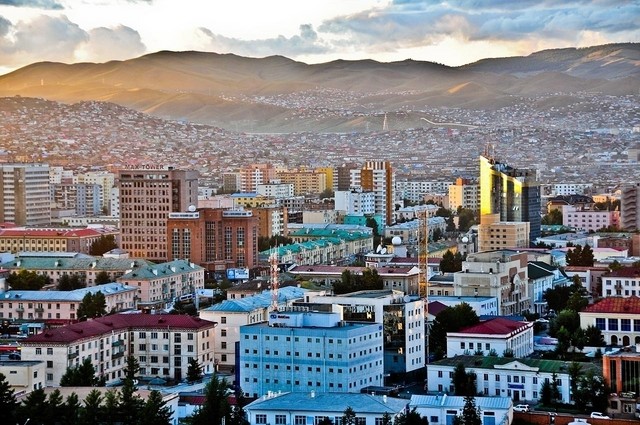
Fake news and corruption are two significant issues testing the fabric of Mongolian democracy today.
Although these challenges have been widely covered global trends, with fake news becoming somewhat of a buzz word in the realms of politics and international development, neither issues are new but will continue to test the integrity of developing democratic systems around the globe. As a result, democracies such as Mongolia will require strong investigative journalism to counter their toxic and disruptive effects. The role of a free, open and credible press is now more critical than ever to help inform citizens and inject transparency and accountability into anti-corruption efforts.
According to the latest report by Mongolia’s Independent Authority Against Corruption—an independent government body tasked with raising public awareness and supporting corruption prevention activities, a wide range of inappropriate practices and illegal budget spending practices have recently been uncovered. The investigation, which assessed the activities of local government activities across all 21 provinces, including state institutions from 98 soums (counties) revealed a host of corrupt practices being carried out by local governments. These corruption violations purportedly include government officials concurrently taking charge over multiple political positions; unreasonable dismissal of local government employees; the dissemination of salaries during periods of unemployment; obtaining illegal donations and financial assistance; and hiring unqualified candidates for government positions.
Admittedly, addressing corruption and abuse of public resources and the authority of local officials remains a formidable challenge; however, an invaluable first-step is for such abuses to be uncovered and revealed to citizens. As a democratic country with an open media environment and free press, Mongolian journalists can play a key role in Mongolia’s fight against corruption by bringing transparency and accountability to violations and patterns of corruption.
Since 2014, IRI has supported transparency and accountability in local democratic governance through a dual-track approach that targets both the supply side (government) and demand side (civil society) of the democratic governance equation. IRI works directly with the Capital City Governor’s Office and Mayor of Ulaanbaatar to counter corruption and increase transparent governing practices while also bringing together municipal civil servants, civil society organizations and ordinary citizens to fight corruption. Through its partnership with the Ulaanbaatar Mayor, IRI has facilitated a jointly implemented Transparent UB Academy where government officials, civil servants and civil society organizations collaborate and create a citizen-focused information campaign. With technical support from IRI, these groups have worked on initiatives that improve transparency and accountability—from budget analysis and citizen budget seminars to workshops for public servants in decision-making positions focused on legal knowledge of anti-corruption statues and international ethics standards. For instance, this year alone, IRI has trained nearly 300 civil servants throughout Ulaanbaatar.
More recently, in cooperation with the Public Affairs Section of U.S. Embassy in Ulaanbaatar, IRI trained journalists from Ulaanbaatar and Darkhan. The participating press learned how to identify opportunities for investigative stories and contribute to the propagation of accurate news in Mongolia, which can go a long way in helping journalists and citizens uncover both cases of fake news and corruption abuses.
The case is clear that there is a role for investigative journalism to supplement anti-corruption efforts; however, more work needs to be done to enable and empower Mongolia’s press to call out corruption and serve as a check on abuses of local public office. Due to a weak institutional framework for the growth of a vibrant media whereby underpaid and undertrained media outlets are susceptible to corruption in addition to an overall lack of a universal code of conduct among Mongolian journalists, media outlets still struggle to report factual, citizen-centered information.
Despite highly publicized exposés highlighting corruption and misuse of government funds spearheaded by many prominent Mongolian journalists, most journalists and news agencies are susceptible to political pressures and remain disempowered. Within this context, IRI works to build the capacities of Mongolian journalists to maintain ethical standards and to develop high-quality, unbiased and accurate content relevant to Mongolian citizenry to address the problem of fake news in the digital age. Despite robust buy-in on the part of Mongolian journalists and media outlets to partner with IRI and past support from the Public Affairs Sector of the U.S. Embassy in Ulaanbaatar for empowering journalists, IRI’s current analysis has revealed a clear need for continued support and capacity building for journalists to counter the toxic and disruptive effects that fake news and corruption have on Mongolia’s democracy.
Top